On Tuesday, May 27th, King Charles III delivered the Speech from the Throne, officially opening the first session of the 45th Parliament of Canada. This was only the third time in Canadian history that a reigning monarch addressed Parliament in person; the previous two occasions both being Queen Elizabeth II, in 1957 and 1977. Thus, the moment carried significant symbolic weight. But it wasn’t just the ceremonial tradition that stood out. The speech outlined a bold and ambitious direction for the Carney federal government, signaling major shifts in how Ottawa plans to navigate both domestic challenges and international uncertainty.
In his opening remarks, the King spoke with warmth and conviction about Canada’s identity and resilience. He acknowledged the gathering was held on unceded Indigenous territory and called on Canadians to continue down the path of truth and reconciliation, saying he hoped that “a path is found toward truth and reconciliation, in both word and deed.”
The speech presented a candid view of a world undergoing rapid change, warning that we are living in “a more dangerous and uncertain place than at any point since the Second World War.” Still, the overall tone of the address was far from pessimistic. “This moment is also an incredible opportunity,” the King declared, adding that “Canada can embark on the largest transformation of its economy since the Second World War.”
The Carney government’s direction is centered on economic growth, infrastructure development, and a new wave of public sector reform. Plans to create a Major Federal Project Office to fast-track approvals for national infrastructure projects suggest Ottawa is keen on speeding up investment and reducing red tape. A new Build Canada Homes program was announced to boost housing supply through modular construction and expanded financing for affordable housing developers. These steps are expected to ease affordability concerns while stimulating job creation across the country.
Canada’s relationship with the United States was another focus, as the government aims to redefine its southern partnership based on “mutual respect and shared interests.” The upcoming G7 Summit, which Canada will host, is expected to further showcase its leadership among democratic allies.
On immigration, the government announced plans to cap temporary foreign workers and international students to below 5% of the population by 2027. This aims to restore public confidence while still attracting top global talent and encouraging Canadians abroad to return.
Security and sovereignty were also front and center. The government will boost Arctic defense, invest in the ReArm Europe initiative, and hire 1,000 new RCMP officers. Firearms laws will be tightened, and enforcement around organized crime and cross-border smuggling will increase. “To be truly strong, Canada must be secure,” the King declared, reflecting the speech’s broader tone of strength through sovereignty.
The government reaffirmed its commitment to Indigenous reconciliation, environmental protection, and fiscal discipline. New investments in conservation and a doubling of the Indigenous Loan Guarantee Program to $10 billion were highlighted as steps toward equity and sustainability. Meanwhile, a cap on government operating spending growth, bringing it below 2% annually, signals a shift toward a more fiscally responsible government.
While details on implementation remain to be seen, the speech laid out a clear and confident blueprint. King Charles closed with words that echoed his mother’s 1977 message: “No nation can live unto itself.” He left Parliament with a final affirmation of unity and purpose: “The True North is indeed strong and free.”
– Stuti Mankotia
For media inquiries or partnership opportunities, please contact:
Michael Griffiths
(403) 578-6151
mgriffiths@ISPartnersinc.com
